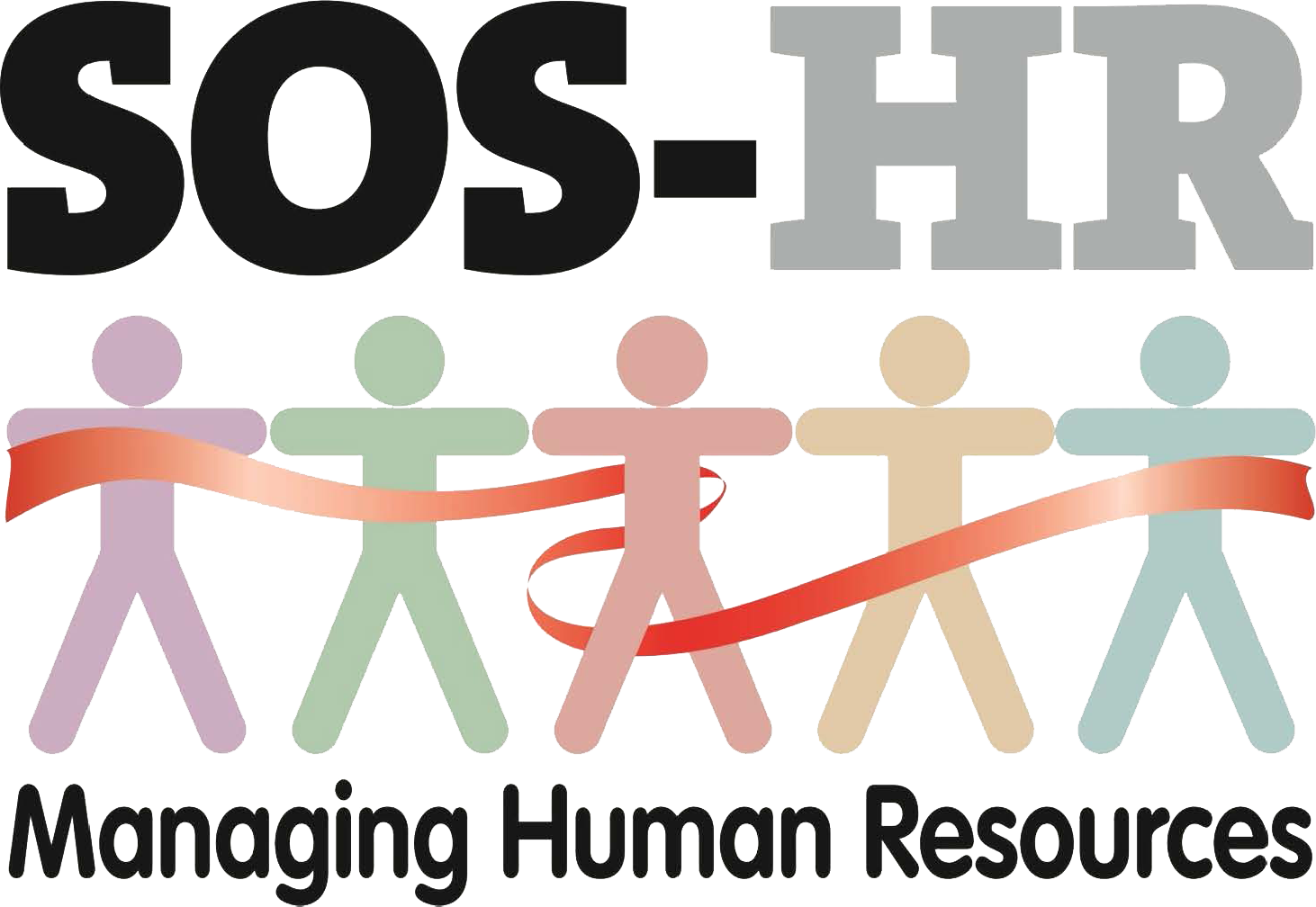The Menopause, Workplace Support and Legislation
Employers are increasingly recognising the menopause as a workplace issue that impacts on recruitment, retention and wellbeing. Typically, women over 45 experience this and some women will experience symptoms into their 60’s. Non-binary, trans or intersex individuals may also be affected by menopausal symptoms. It is reported that 3 women in 5 will be negatively affected and a survey carried out by Channel 4 found that 1 in 10 left work due to menopausal symptoms.
The menopause is not recognised as a protected characteristic under the Equality Act 2010 but employees, generally women, experiencing the menopause may be protected by discrimination laws relating to age, sex, disability and gender reassignment if the employee is transgender.
The symptoms of menopause varies from person to person and affects people differently. The severity and impact of the symptoms may amount to a disability, if the condition has a long-term adverse effect on the individual’s ability to carry out day-to-day activities.
It is not essential for a Company to have a standalone menopause policy and some employers choose to incorporate menopause in their existing policies and procedures covering wellbeing, flexibility, performance management, health and safety and the need to make reasonable adjustments.
Line management should feel confident in being able to have supportive conversations. Be sensitive when discussing symptoms that affect performance and recognise the need to deal with the menopause the same way they would any other health condition.
Under health and safety legislation employers have a duty of care to ensure the health and safety of their employees at work. This includes looking at the mental and physical work environment. Some work environments will exacerbate menopause symptoms, for example, if the temperature is hot and a window cannot be opened, or a uniform policy does not allow flexibility to cope with hot flushes and sweating.
Failing to consider the difficulties an employee experiences could amount to a breach of health and safety legislation and discrimination laws. Effective support which is fit for purpose designed through consultation with those who have or are experiencing the symptoms, coupled with working with professionals within HR and occupational health can create a complete package of workplace support.
When dealing with sensitive issues remember not to take a one-size fits all approach. Education, training, and good communication is key. Talking about such issues breaks down taboos and gets everyone comfortable with the terminology.
If you are considering introducing a policy or support package and would like assistance or require HR guidance or advice, please contact SOS-HR 01473 276170 or email us at soshr@sos-hr.co.uk
